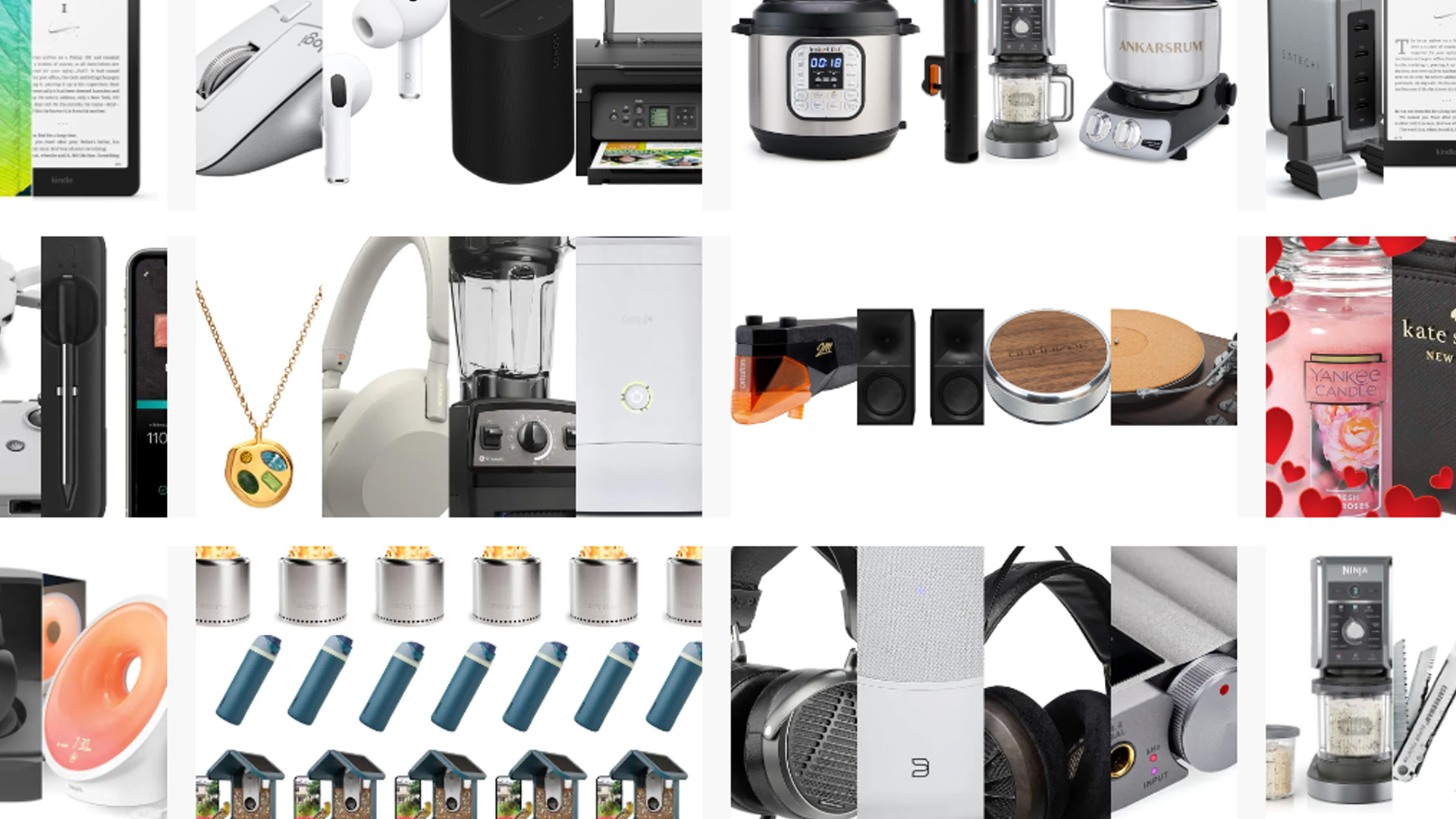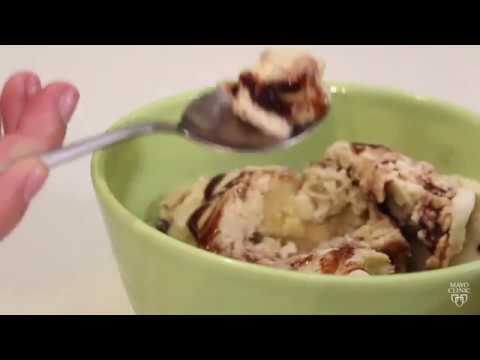How we talk about gastrointestinal symptoms is changing fast. In a few short years, young TikTokers have helped turn tummy aches, diarrhea, and constipation—the kind of stuff previously relegated to cringeworthy commercials—from hush-hush symptoms into billboard-worthy conditions at least tangentially associated with hotness.
And pharmaceutical giants, zippy startups, and even industry behemoths like Pepsi and Coca-Cola all want in on digestive health’s rebrand to further monetize the ubiquity of GI problems. These companies are fighting for a cut of the billions upon billions people spend annually in pursuit of gut peace.
Prescriptions aside, the market is chock-full of foods, beverages, and supplements with labels that boast of prebiotic and probiotic bonafides. But what, exactly, are prebiotics and probiotics in the first place? And will consuming more of them actually help you feel or poop better? Enquiring minds—perhaps even #hotgirlswithIBS—want to know.
“Prebiotics are anything you consume that beneficial gut bacteria can consume to produce byproducts that promote health,” Suzanne Devkota, the director of the Human Microbiome Research Institute at Cedars-Sinai, told Popular Science. Put another way, they’re food for the “good” bacteria that call your gut home. “The most widely accepted prebiotic is dietary fiber,” said Devkota. “Probiotics, on the other hand, are beneficial bacteria you consume in hopes they colonize your gut.”
Devkota offered a metaphor to drive home the difference. “So, prebiotics are like watering and fertilizing your lawn, whereas probiotics are like adding seeds to the bare patches on your lawn,” she said. “Cultivating your garden with prebiotics is generally believed to be a more robust and sustainable way to promote good bacteria in your gut, because there is no guarantee that a bacterium you consume will even colonize efficiently. But if you feed the good bacteria, you already have a much better chance.”
But why are these microbes inside us in the first place, and why would someone take probiotics in hopes of seeding more? Among other roles, gut bacteria help you digest food, interact with your immune system, and may even influence your mood. Studies have shown that our guts are less diverse than they used to be, microbially speaking, and a slew of things may be responsible, including antibiotics and shifting diets.
That… sounds bad. Still, what does this have to do with poop? Basically, there is some evidence that probiotics can help prevent and treat diarrhea, and they may also help relieve constipation. This has understandably attracted a lot of attention; for a variety of reasons, a lot of people in the U.S. (16 percent according to one study) are constipated, and other GI symptoms such as abdominal pain and bloating are also common.
As for whether gut-health products will do you any good if you buy and consume them, Devkota cautioned, “The reality is, we have no idea how things are manufactured and whether what is listed on [the] labels is really in the product.”

For “a little more confidence,” Devkota added, “you want to look for stamps of third-party testing on the label and other such external certifications to provide a little more confidence. Prebiotics are usually some form of fiber blend–and that’s pretty darn safe in terms of getting what is advertised on the label. With probiotics it’s much trickier, because you don’t know how many viable bacteria actually make it into the pill versus what is dead,” she said.
A 2024 review of available research into whether healthy people should take probiotics got “mixed results” when it came to “preventing various types of GI illnesses, including [antibiotic-associated diarrhea] and community-acquired diarrhea.” It further noted that, while “some strains such as L. rhamnosus GG and S. boulardii appear promising, especially for AAD, the evidence is not consistently strong across all conditions.”
There’s more evidence today that prebiotics can do us good. “So if you were to change one thing today for your gut health,” said Devkota, ”it would be to increase the amount of fiber in your diet, and within that would increase the different types of fiber you consume, as this will support a greater diversity of bacteria in the gut.” And, she added, “greater diversity = a healthier microbiome.”
Interest in gut-related supplements and prebiotic sodas is booming, but you might not need any supplements at all. Other lifestyle adjustments beyond eating more fiber could help if you’re experiencing some GI issues. For example, recent studies show a connection between exercise and gut physiology. There’s also evidence that stress management techniques, such as mindfulness, may help reduce IBS symptom severity. Altogether, this seems like fine enough excuse for #hotgirlswithIBS to explore an adjacent TikTok trend if they feel so inclined—the “hot girl walk,” which sounds a lot like mindful walking.
This story is part of Popular Science’s Ask Us Anything series, where we answer your most outlandish, mind-burning questions, from the ordinary to the off-the-wall. Have something you’ve always wanted to know? Ask us.






